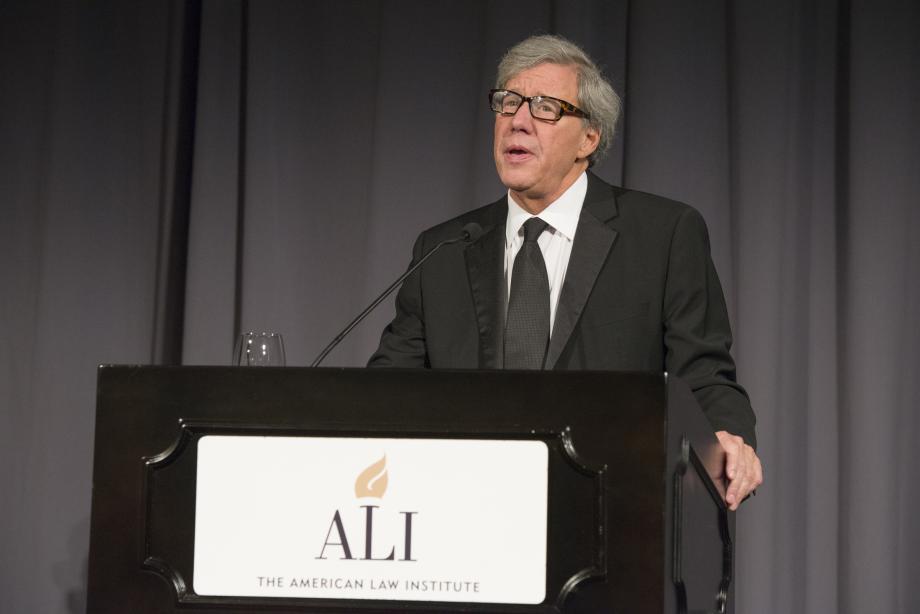College Students Detained for Supporting Palestine: The Freedom of Speech Debate
Aggressive immigration control actions in Massachusetts, as well as nationwide, have drawn upon a registry of protest participants assembled by contentious, independent organizations. Rümeysa Öztürk, a student at Tufts University was apprehended by incognito officials on public grounds in Somerville, consequently spending six weeks in captivity. She was one of the individuals listed. A further name on this list includes Mahmoud Khalil, a Palestinian advocate and alumni of Columbia University.
A federal officer spent two days providing evidence in a Boston federal court during the week. His testimony serves as crucial evidence in a lawsuit opposing the government’s strategy of arresting and deporting university staff and students who were present in protests supporting the Palestinian cause. Filed by a consortium of university associations, this lawsuit is amongst the first challenging the administration’s approach to reach trial.
Through this lawsuit, the plaintiffs are advocating for a U.S. District Judge to declare that the government’s approach infringes upon the First Amendment and the Administrative Procedure Act, a statute dictating the administrative and regulatory procedures of federal agencies. In response, the government denies the existence of such a policy, claiming they are merely applying immigration laws within their legal capacity in order to uphold national security.
The federal official provided descriptive insight into the establishment of a ‘Tiger Team’ during March, which was task-oriented towards investigating protest participants. This team was established in the wake of two presidential orders focusing on counter-terrorism measures and anti-Semitism. He explained that this team was presented with names of up to 5,000 protestors, crafting reports on approximately 200 believed to have breached U.S. laws.
Within these reports, there was diverse information ranging from personal biographical information to past criminal records, travel logs, and involvements with advocacy for Palestinian causes. Furthermore, the reports encompassed their protest-related activities or claims of affiliations with groups against Israel. Throughout his tenure, the official conceded, the case of a student demonstrator recommended for visa revocation due to protest activities was unprecedented.
The reports also interrogated issues pertaining to national security or public safety such as: the potential violent nature of the protestors; whether any of them incented violence; demonstrated support for terrrorist outfits; or whether they engaged in illegal activities during protests. This information was also gathered to assess their potential threats to public safety and national security.
The official confirmed that the majority of the names originated from Canary Mission, a group self-describing as a documentarian of individuals fostering ‘hatred towards U.S.A, Israel and Jews’ within the university campuses in North America. Betar was another organization that served as a source for these names.
Within the list of the individuals investigated was Ozturk, who was set free in May from a detention center in Louisiana. She faced six weeks of detention following her arrest which took place at a suburban street in Boston. She asserts she had been wrongfully detained after co-authoring an op-ed that was critical of her university’s stand on the Gaza war the preceding year.
A symbolic representation of the administration’s crackdown on protests is Khalil who, after spending 104 days in federal immigration detention, was granted his liberty last month. Betar spokesperson had confirmed that Khalil was at the top of their list of foreign scholars and students from nine different universities that it had submitted to officials, following which a decision was made to revoke Khalil’s visa.
The decision to arrest and detain Khalil, among others, was flagged by Canary Mission. Canary Mission, in a response to speculations, denied any direct communication with administrative officials. Nonetheless, they do hint at the likelihood that their reports may have been instrumental in the arrest and detention of several individuals.
While Canary Mission labels individuals it perceives as anti-Semitic, its leadership and operations remain shrouded in mystery, refusing to disclose any internal members or processes. Reports in several news outlets connected the group to a non-profit organization located in Beit Shemesh, a city situated in central Israel.
Concerning their financial backing, it remains largely undisclosed, except for some associations with a New York-based fund that acts as an intermediary for Israeli causes. The secrecy surrounding the group, coupled with its influence, raises pertinent questions about its operations.
Government involvement and the recourse to independent entities have created a complicated tangle in immigration law enforcement. The testimonies of individuals involved, especially university students caught between their activism and their academic commitments, only underscore the human rights implications of the policies.
As things currently stand, the lawsuit presents a bold stance against the government’s tactics. By invoking the First Amendment and the Administrative Procedures Act, it seeks to underscore the legality of protests and challenges the overreach of immigration laws. The outcome could very well mark a turning point in the enforcement of immigration laws and affect the lives of countless international students and faculty.
In the broader context, this lawsuit represents an intersection between the freedom of speech and immigration enforcement. The impact of this legal battle could force amendments in immigration enforcement strategies, the investigation process, and potentially even the freedom of speech norms governing the education sector.
Given this scenario, the events are closely watched by universities, immigrant rights groups, and advocacy organizations. The outcome of this lawsuit could dramatically shape the discourse surrounding activism, academic freedom, and immigration rights in the country.

